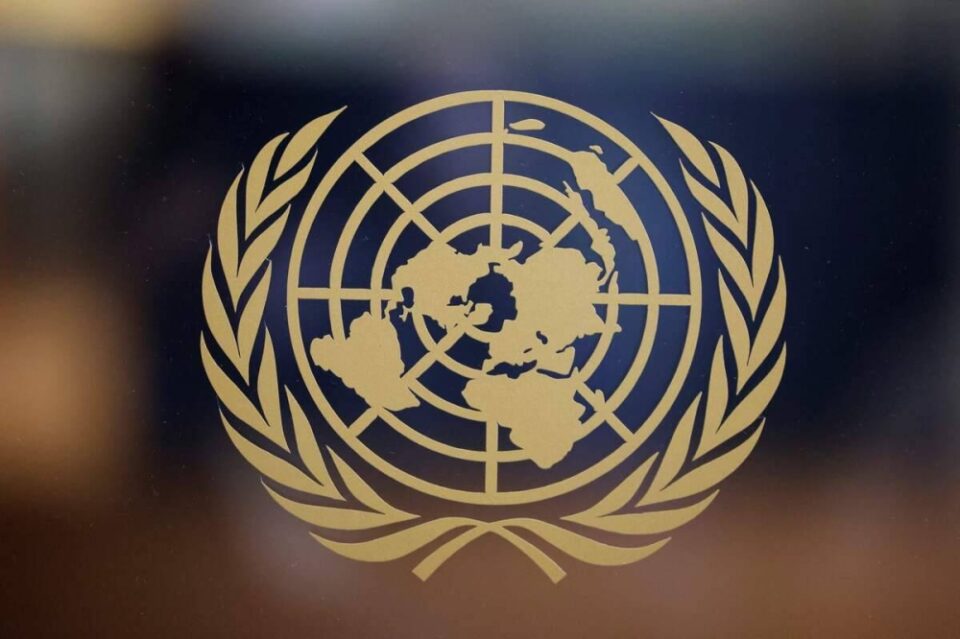Human development progress is experiencing an unprecedented slowdown according to a new report released Tuesday by the United Nations Development Programme (UNDP).Instead of seeing sustained recovery following the period of exceptional crises of 2020-2021, the report reveals unexpectedly weak progress. Excluding those crisis years, the meager rise in global human development projected in this year's report is the smallest increase since 1990.The 2025 Human Development Report -‘A matter of choice: people and possibilities in the age of Artificial Intelligence (AI)’ analyses development progress across a range of indicators known as the Human Development Index (HDI), which encompasses achievements in health and education, along with levels of income.Projections for 2024 reveal stalled progress on the HDI in all regions across the world.Beyond the alarming rate of deceleration in global development, the report finds widening inequalities between rich and poor countries.’For decades, we have been on track to reach a very high human development world by 2030, but this deceleration signals a very real threat to global progress,’ said Achim Steiner, UNDP Administrator.’If 2024's sluggish progress becomes 'the new normal', that 2030 milestone could slip by decades – making our world less secure, more divided, and more vulnerable to economic and ecological shocks,’ he said.The report warns that development challenges for countries with the lowest HDI scores are especially severe – driven by increasing trade tensions, a worsening debt crisis and the rise in jobless industrialization.’Amidst this global turmoil, we must urgently explore new ways to drive development,’ Steiner said. ‘As Artificial Intelligence continues its rapid advance across so many aspects of our lives, we should consider its potential for development. New capabilities are emerging almost daily, and while AI is no panacea, the choices we make hold the potential to reignite human development and open new pathways and possibilities.’The report contains the results of a new survey that showed people are realistic yet hopeful about the change AI can bring.Half of respondents worldwide think that their jobs could be automated. An even larger share -six in ten – expect AI to impact their employment positively, creating opportunities in jobs that may not even exist today.Only 13% of survey respondents fear AI could lead to job losses. In contrast, in low- and medium-HDI countries, 70% expect AI to increase their productivity, and two thirds anticipate using AI in education, health, or work within the next year.The report advocates a human-centered approach to AI which has the potential to fundamentally redesign approaches to development. The survey results show that across the world people are ready for this kind of 'reset'. (QNA)

previous post